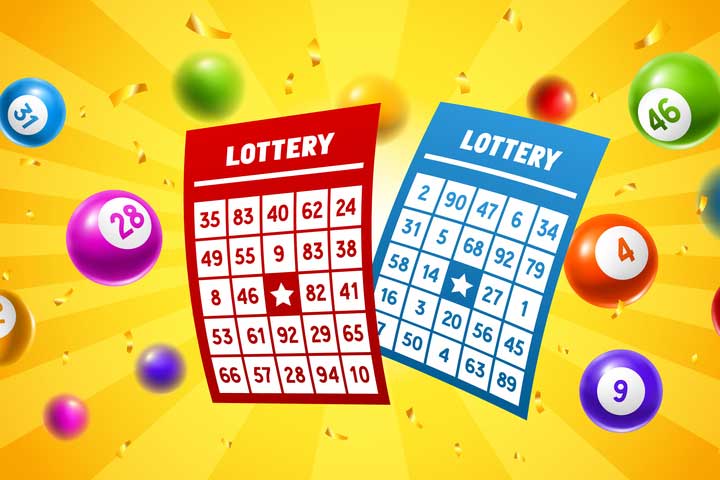
The lottery is a game of chance that has been a part of human culture for centuries. From ancient China to modern-day America, lotteries have been used as a means to raise funds, distribute prizes, and test one’s luck. However, this seemingly harmless game has also been surrounded by controversy and debate. In this article, we will delve into the history, mechanics, and impact of the lottery.
The origins of the lottery can be traced back to ancient China, where it was used as a way to fund the construction of the Great Wall. In Europe, lotteries were popular in the 15th century and were often used to raise funds for public works such as bridges and roads. In the 18th and 19th centuries, lotteries became a means for governments to raise money for their national armies.
Today, the lottery has evolved into a multi-billion dollar industry. In the United States alone, the lottery generates over $70 billion in revenue each year. The concept is simple – players buy tickets with a series of numbers, and if their numbers match the winning combination, they win a huge sum of money. The odds of winning the grand prize vary depending on the type of lottery, but they are always very low. Yet, people continue to play, driven by the exhilaration of winning big and the hope of changing their lives forever.
However, the lottery is not without its critics. One of the main arguments against it is that it preys on the vulnerable and the less fortunate. Low-income individuals are more likely to play the lottery, as they see it as their only means of improving their financial situation. The reality is that the lottery is a form of regressive taxation, with the majority of the profits coming from the pockets of those who can least afford it.
Moreover, there have been numerous cases of lottery fraud and scams, further fueling the debate on its ethicality. Players have accused lottery officials of rigging the system to ensure that only a select few win the grand prize. Although these claims have not been proven, the lack of transparency and accountability in the lottery industry leaves room for suspicion.
Despite the controversies, the หวย24 continues to be a popular form of entertainment and a significant source of revenue for governments. In fact, many states in the US have legalized lotteries to help fund education and other public initiatives. Supporters argue that it is a form of voluntary taxation, as players choose to participate in the game.
Additionally, the lottery has brought about some positive impacts, such as creating jobs and promoting tourism. It has also helped in raising awareness and funds for various charitable causes. However, these positive aspects do not negate the fact that the lottery targets the vulnerable and promotes a get-rich-quick mentality.
In conclusion, the lottery is a game of chance that has both its proponents and opponents. It has a long and controversial history, and its impact on society and individuals is a subject of constant debate. While it may seem like a harmless activity, it is important to acknowledge its potential negative effects and to approach it with caution. As they say, “you have to be in it to win it,” but make sure that you are playing responsibly.
Leave a Reply